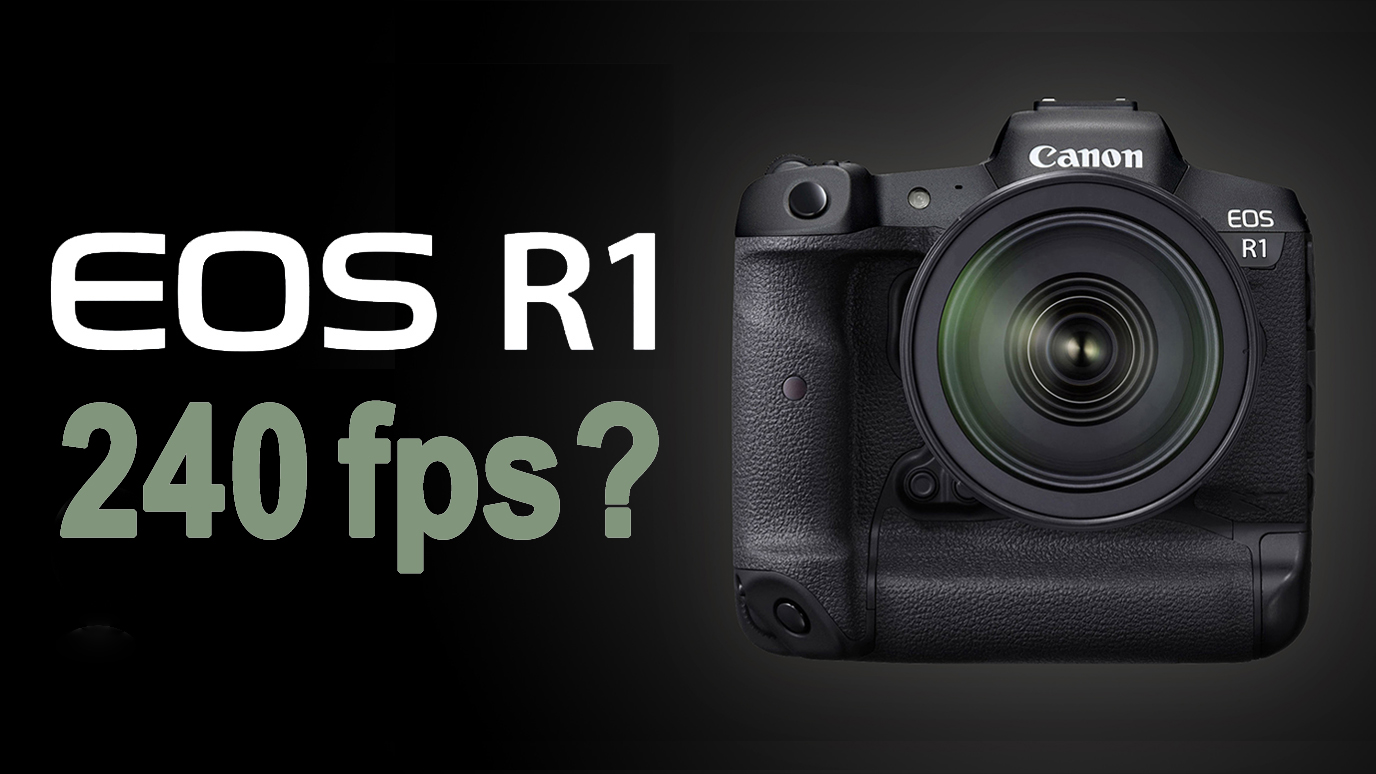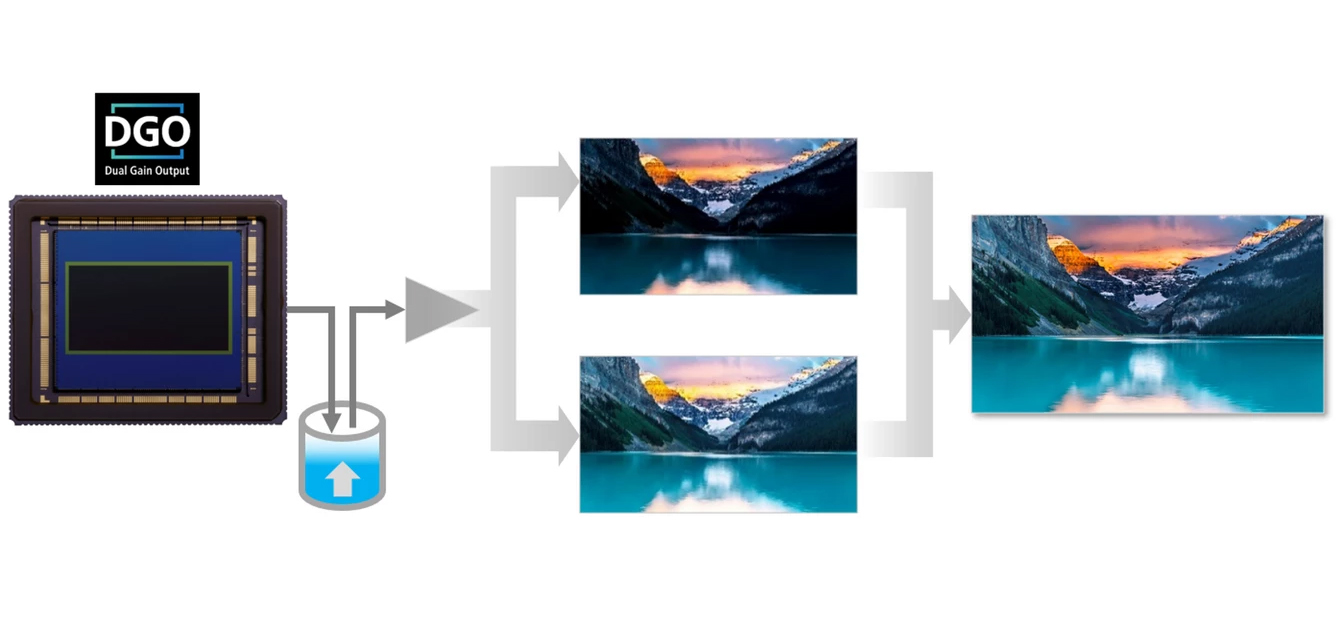
A set of eye-opening specs for the upcoming Canon EOS R1 has leaked online, suggesting a 30MP sensor capable of up to 240fps bursts and 6.7K 60p video. And, while it can't match the 1/80,000 sec of the Sony A9 III, it will purportedly have a flash sync speed of 1/1,250 sec.
Now, camera rumors should always be taken with a big pinch of salt. And rumors about the Canon EOS R1, more than any other camera, should be consumed with as much sodium as your body can handle. We have, after all, heard everything from 85MP resolution to a global shutter sensor to quad pixel autofocus – and to be honest, most of those rumors smell like an outhouse to me.
So, why am I sharing these particular specs? Because they smell a whole lot less outhousey to me. Is salt still required? Absolutey. But not only do these sound more plausible than any others I've seen so far, they also jibe with more sensible rumors – such as the fact that the R1 is going to have "less resolution than many think".
Courtesy of E8M_MMM on Weibo, here they are:
- High-speed autofocus and exposure enhanced by AI recognition
- Moving object trajectory prediction, high success rate smart object lock focus tracking
- 30MP full-frame stacked dual-core focus sensor
- Purely electronic rolling shutter faster than any mechanical rolling shutter
- 1/1,250 sec flash sync time
- (<0.8 microsecond read time)
- Added 1:3 lossy compression CRAW (compared to lossless compression)
- Unlimited 40fps (1:2 CRAW) / 60fps (1:3 CRAW) continuous shooting
- Up to 120fps full-featured continuous shooting
- Supports 240fps burst continuous shooting mode
- 1 second pre-shooting
- Enhanced dynamic range, better than EOS R3 and EOS R5
- Supports two benchmarks of 16-bit DGO-RAW photo shooting
- In-camera depth of field stack RAW
- 6.7K 60p & 4.2K 120p (APS-C) 12-bit Cinema RAW Light recording
- Full-frame/APS-C DCI/UHD 4K 120p C-Log2 & C-Log3 video recording
- Sleek body optimized for maximum hand feel
These were machine-translated from Chinese, so there's some funkiness in there that I've left intact rather than trying to decipher what might have been meant. For example, "Supports two benchmarks of 16-bit DGO-RAW photo shooting" – this seems to allude to the Dual Gain Output (dual gain ISO) sensor used by cinema cameras like the Canon EOS C70, but the sensor is described as "30MP full-frame stacked dual-core focus sensor".
Likewise, I presume that "dual-core focus" is the translation software making a meal of "dual-pixel focus" – but again I'm leaving that intact, as maybe there's some dual core tech I'm oblivious to.

So, where does all this leave the R1, compared to Canon's rivals? Well it obviously doesn't match the resolution of the 8K flagships, with the Sony A1 having 50.1MP and the Nikon Z9 / Z8 having 45.7MP, though it does (supposedly, on paper) outpace them for speed, with the A1 topping out at 30fps and the Nikons peaking at 20fps RAW shooting, 30fps high-res JPEGs and 120fps low-res JPEGs.
Still, it feels that the Canon EOS R5 Mark II is designed to be Canon's 8K beast to duke it out in the megapixel arena – leaving the R1 to go up against the A9 III, whose 24.6MP sensor and 120fps top speed seem much more comparable. It may be here that Sony's choice of speed-over-quality global shutter, with more restrictive ISO and noise performance, may be an open door for Canon to triumph with a best-of-both-worlds stacked sensor.
That's if any of this is true, of course. With industry expectations that the R1 will be revealed to the world at Japan's CP+, at the end of February, I would expect plenty more leaks over the next few weeks.
Take a look at the best Canon cameras, along with the best Canon lenses for DSLRs and the best Canon RF lenses for mirrorless. Make sure to stay on top of the latest Canon rumors, too!







